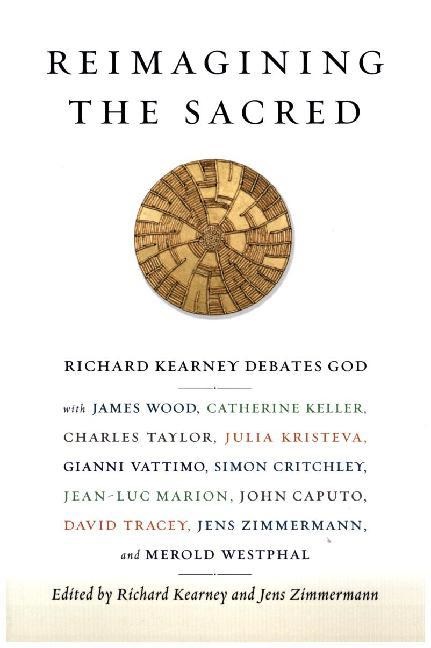En savoir plus
Contemporary conversations about religion and culture are framed by two reductive definitions of secularity. In one, multiple faiths and nonfaiths coexist free from a dominant belief in God. In the other, we deny the sacred altogether and exclude religion from rational thought and behavior. But is there a third way for those who wish to rediscover the sacred in a skeptical society? What kind of faith, if any, can be proclaimed after the ravages of the Holocaust and the many religion-based terrors since? Richard Kearney explores these questions with a host of philosophers known for their inclusive, forward-thinking work on the intersection of secularism, politics, and religion.
Table des matières
Preface, by Richard Kearney
Introduction, by Jens Zimmermann
1. God After God: An Anatheist Attempt to Reimagine God, by Richard Kearney
2. Imagination, Anatheism, and the Sacred, by Richard Kearney and James Wood
3. Beyond the Impossible, by Richard Kearney and Catherine Keller
4. Transcendent Humanism in a Secular Age, by Richard Kearney and Charles Taylor
5. New Humanism and the Need to Believe, by Richard Kearney and Julia Kristeva
6. Anatheism, Nihilism, and Weak Thought, by Richard Kearney and Gianni Vattimo
7. What's God? "A Shout in the Street, by Richard Kearney and Simon Critchley
8. The Death of the Death of God, by Richard Kearney and Jean-Luc Marion
9. Anatheism and Radical Hermeneutics, by Richard Kearney and John Caputo
10. Theism, Atheism, Anatheism, by David Tracy, Merold Westphal, and Jens Zimmermann
Epilogue: In Guise of a Response, by Richard Kearney
Artist's Note, by Sheila Gallagher
Index
A propos de l'auteur
Edited by Richard Kearney and Jens Zimmermann
Résumé
Leading philosopher Richard Kearney engages Julia Kristeva, Gianni Vattimo, James Wood, Charles Taylor, Catherine Keller, Simon Critchley, Jean-Luc Marion, and John Caputo on the place of religion in a secular world.
Commentaire
"This unique collection of interviews stages a critical debate among some of the most respected voices in continental thought around key aspects of Kearney's thesis. This exploration of non-fundamentalist religious belief by a group of prominent philosophers will be considered a significant contribution to the field." William Egginton, The Johns Hopkins University

